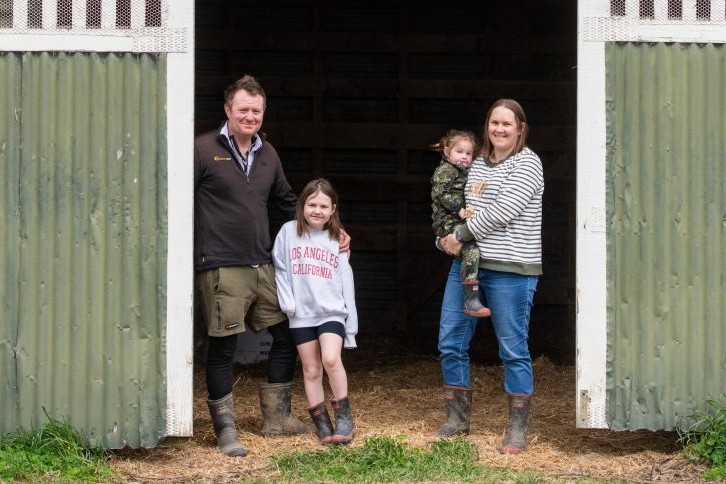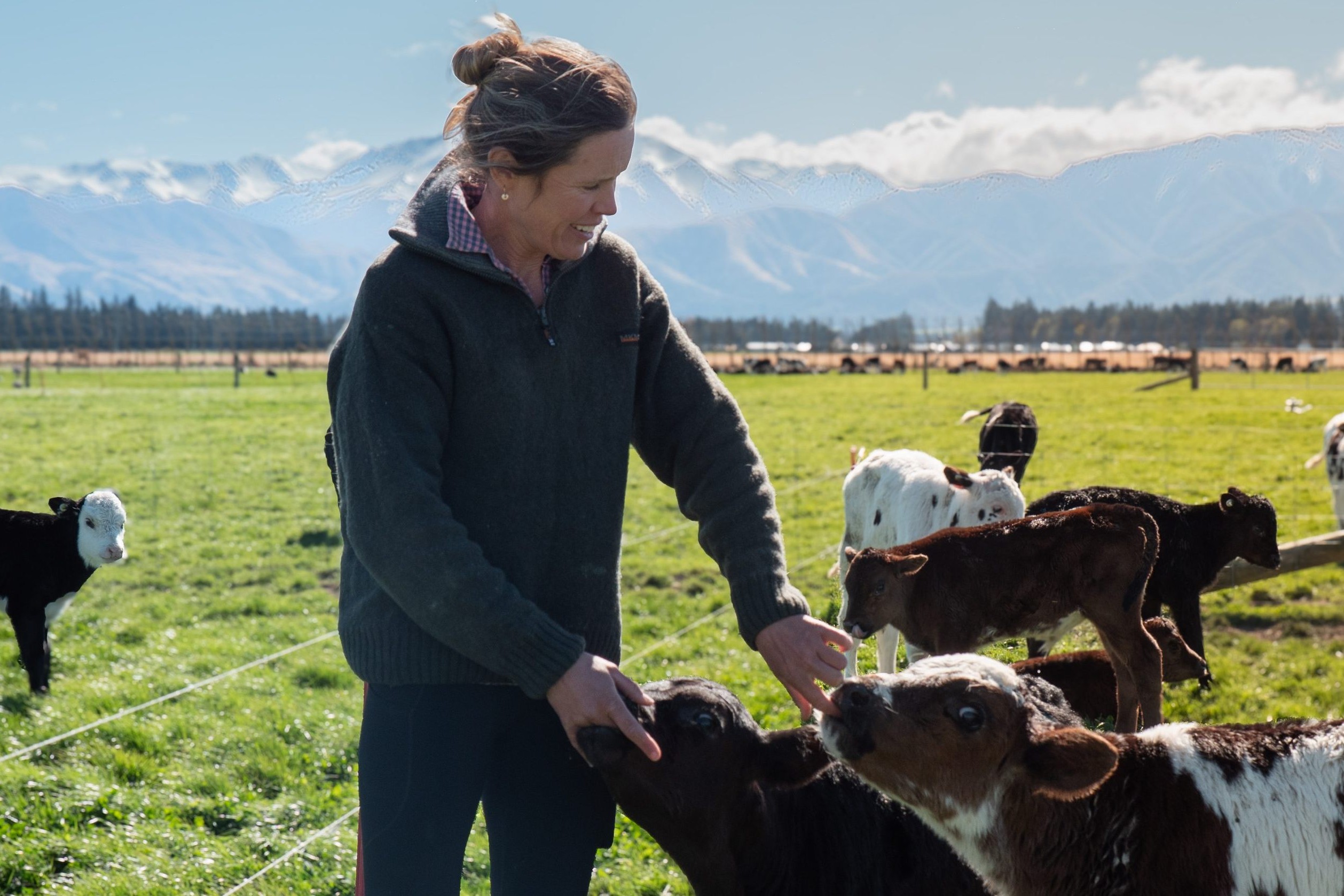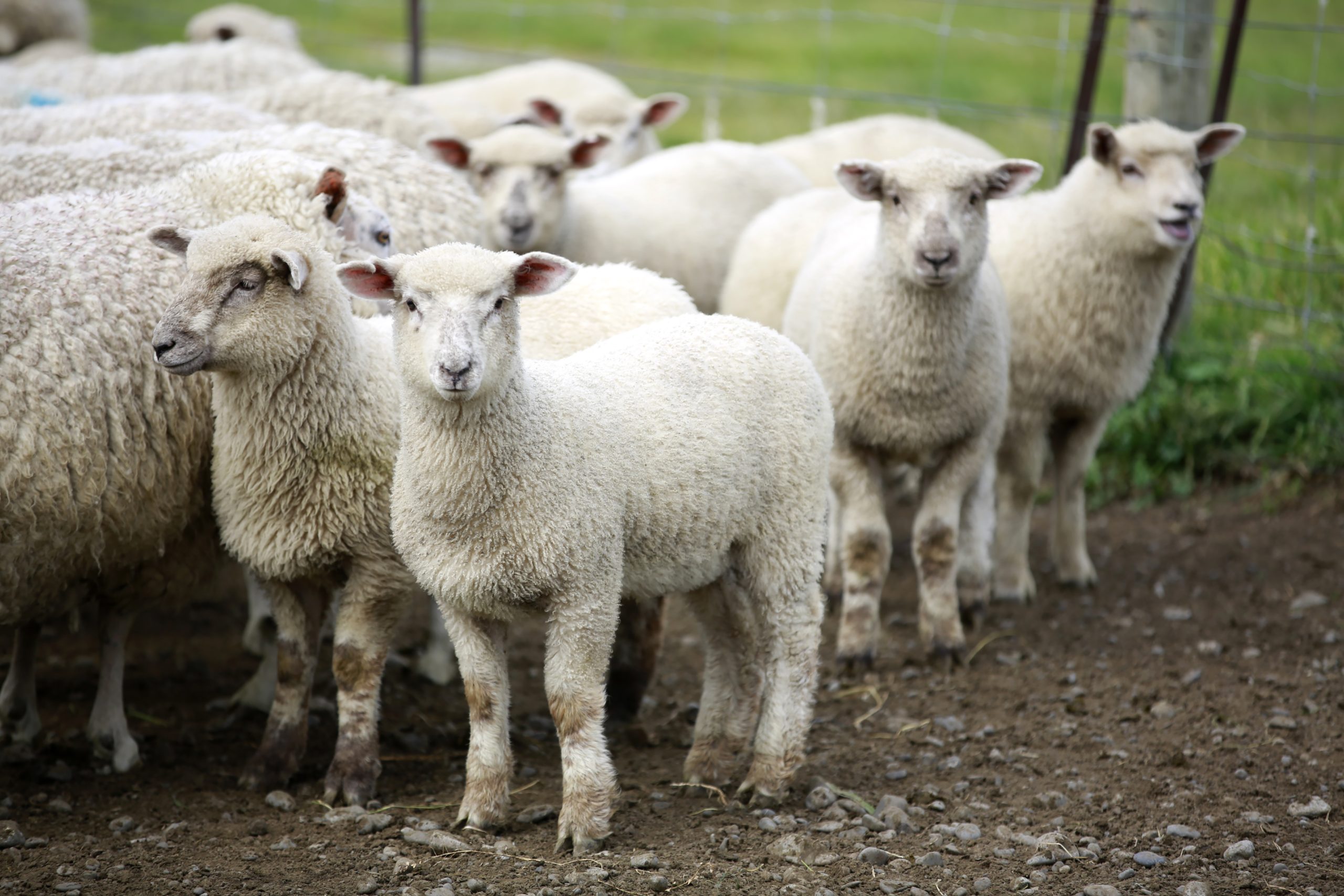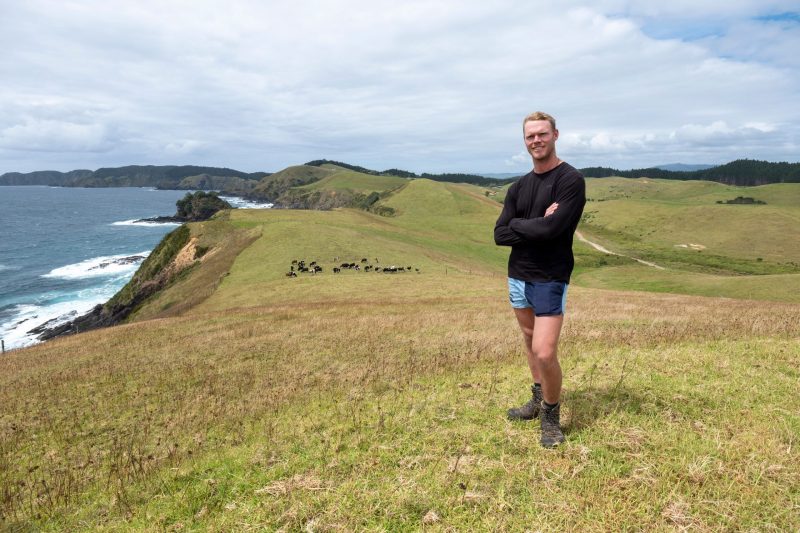Horses for courses
Sharl Liebergreen goes by the numbers to improve beef genetics.

Sharl Liebergreen goes by the numbers to improve beef genetics.
I’m a numbers guy, mostly. Creating, analysing, understanding and using numbers is how I help farmers who are trying to improve the genetics of their animals, or plants. Farmers ask me to look at the numbers because they are busy people, and they are short on time.
Farmers definitely want to use the numbers (after all, they invested time and money to generate them) but they have a multitude of other things to do besides looking at data. So that’s how I help.
I use the word ‘mostly’ above because us number guys and gals have to be careful we aren’t only about the numbers. Appreciate that bulls, for example, are living, breathing beasts that look a certain way and need to be able to do a job.
The trouble with the numbers, which often tell a great story about the potential of a bull’s ability to do the job, is that they are not the whole picture. I don’t know for example whether the bull is big or small, fat or thin, wide or narrow or whether it’s easily excitable. There are plenty of things my numbers don’t tell me, and if I also allow for variation in farms and farmers, then it’s a complete wonder I’m able to offer any support at all.
Not all farmers are looking for the very best in beef genetics. Many are just looking for a good bull that meets their needs (produces calves) and can be managed through most conditions (dry and wet).
Some farmers are definitely looking for something special in a bull like fast growth, feed efficiency, intramuscular fat and high carcaseweight. But many just want something that’s easy-care, won’t cause calving difficulty, and may even put up with some rather lacklustre management and feed, but still turn up for mating next season.
New Zealand goes up and down on the globe, covering a number of degrees of latitude. This means it’s colder in the south and can be sub-tropical in the north. We also have plenty of mountains and a few lakes which means there are a bunch of microclimates scattered throughout the land.
The amount of pastoral land or number of farms able to reliably support high-performing genetics could be quite high, but we have a bell-curve of management to contend with.
There are high performing farmers who monitor and plan and are able to feed well. And there are farmers with farms who are constrained, that can’t always produce as much feed as they would like to. Their soil types might be less than desirable; their pastures might be difficult to renew. There are plenty of situations where bulls with big numbers are unlikely to receive what they need to be able to express their genetic potential.
Grass can be the same. It would be great if all the farms in the country were able to sow, grow and fully utilise the latest in pasture species. Wouldn’t that be exciting. The reality is that we have topographies, climates and aspects that continue to be sown in traditional ryegrass cultivars like Moata or Tama ryegrass and they are doing fine.
I guess what I’m saying is that it’s ‘horses for courses’, or the fact that a racehorse performs best on a racecourse to which it is specifically suited. If you don’t have or can’t create the conditions needed for high-performing beef genetics to express and excel, then don’t buy a super-sire.
Think carefully about what your farm is capable of and perhaps more importantly, what you are capable of. Don’t get me wrong, I’m all for making the most of genetics to create more profit. But it is all about producing calves that will grow out and finish within the constraints they are presented with. As a numbers guy, the last thing I want to hear about are stories of disappointment when the big guy didn’t produce the goods.
Talk to your breeder. Breeders are the consummate experts in being able to scan the horizon for genetic opportunities, deciding whether or not they will suit a market, and delicately asking farmers about their farms and abilities. Breeders are in the business of maintaining great relationships and having repeat business. They’re on your bench, so use them.
- Sharl Liebergreen is an agribusiness consultant with AbacusBio.




